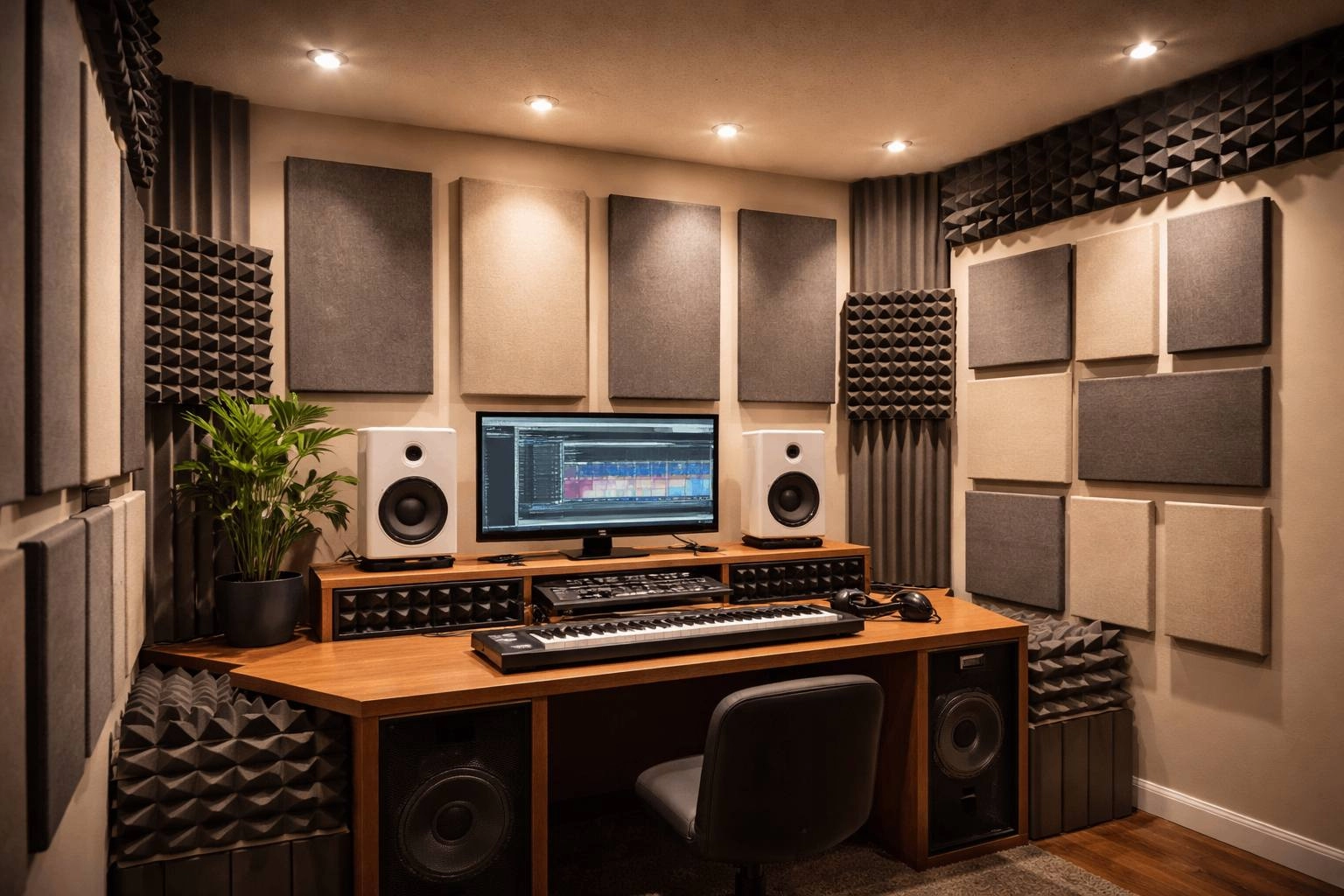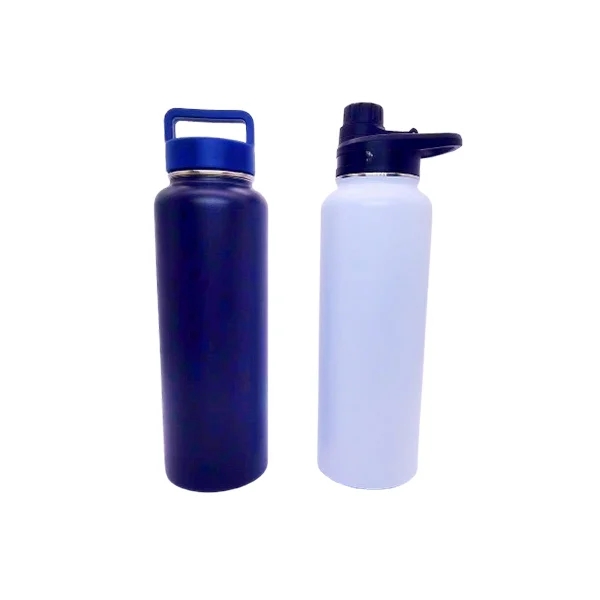Embrace Solitude: A Comprehensive Guide to Solo Camping for the Adventurous Spirit
Camping alone can be one of the most rewarding experiences for those seeking solitude, self-discovery, and a deeper connection with nature. However, embarking on a solo camping trip requires careful planning and consideration to ensure safety and enjoyment. In this guide, we will explore the essential steps to successfully start camping alone, from preparation and gear selection to safety tips and personal reflection.
- Understanding the Benefits of Solo Camping
Before diving into the logistics, it’s important to recognize why solo camping can be a transformative experience.
- Self-Discovery: Spending time alone in nature allows for introspection and personal growth. It provides an opportunity to disconnect from daily distractions and reconnect with oneself.
- Flexibility: When camping solo, you have the freedom to choose your itinerary, pace, and activities without having to accommodate others’ preferences.
- Enhanced Connection with Nature: Solo camping often leads to a deeper appreciation of the natural world, as you can immerse yourself fully in the environment without the noise of companionship.
- Choosing the Right Location
Selecting the right campsite is crucial for a successful solo camping experience. Here are some factors to consider:
- Accessibility: Choose a location that is easily accessible, especially if you are new to solo camping. National parks, state parks, and established campgrounds are great starting points.
- Safety: Research the area for wildlife, weather conditions, and any potential hazards. Opt for places with a good reputation for safety and where other campers are likely to be present.
- Amenities: Depending on your comfort level, consider campsites with amenities such as restrooms, water sources, and fire pits. This can ease the transition into solo camping.
- Essential Gear for Solo Camping
Packing the right gear is vital for both safety and comfort. Here’s a checklist of essential items:
- Shelter: A lightweight tent or hammock is crucial. Ensure it’s easy to set up and pack away.
- Sleeping Gear: A quality sleeping bag rated for the season and a sleeping pad for insulation and comfort.
- Cooking Equipment: A portable stove, fuel, and lightweight cookware. Don’t forget utensils and a reliable water filtration system.
- Navigation Tools: A map, compass, or GPS device. Familiarize yourself with the area before you go.
- First Aid Kit: A well-stocked first aid kit tailored to your needs is essential for addressing minor injuries or emergencies.
- Clothing: Dress in layers and choose moisture-wicking, quick-drying fabrics. Don’t forget a waterproof jacket and sturdy hiking boots.
- Safety Precautions for Solo Camping
Safety should always be a priority when camping alone. Here are some strategies to enhance your safety:
- Inform Someone: Always let a friend or family member know your plans, including your itinerary and expected return time.
- Stay Connected: Consider carrying a satellite phone or a personal locator beacon (PLB) for emergencies, especially in remote areas.
- Trust Your Instincts: If something feels off, don’t hesitate to change your plans. Your intuition is a powerful tool.
- Wildlife Awareness: Educate yourself about the local wildlife and how to store food properly to avoid attracting animals.
- Embracing the Experience
Once you’ve set up camp and settled in, take time to fully embrace the experience:
- Mindfulness: Practice mindfulness by engaging your senses. Listen to the sounds of nature, observe the colors around you, and breathe in the fresh air.
- Journaling: Consider keeping a journal to document your thoughts, feelings, and experiences. This can enhance your self-reflection and provide a keepsake of your journey.
- Engage in Activities: Whether it’s hiking, fishing, or simply stargazing, engage in activities that bring you joy and allow you to connect with your surroundings.
- Reflecting on Your Solo Adventure
After your trip, take time to reflect on your experience. What did you learn about yourself? How did you handle challenges? Reflecting on these questions can deepen your understanding of the journey and prepare you for future solo adventures.
Conclusion
Solo camping is not just about spending time in the wilderness; it’s an opportunity for personal growth, adventure, and self-discovery. By carefully planning your trip, prioritizing safety, and embracing the experience, you can create lasting memories and a profound connection with nature. So pack your gear, choose your destination, and embark on a journey that promises to enrich your life in ways you never imagined. Happy camping!





